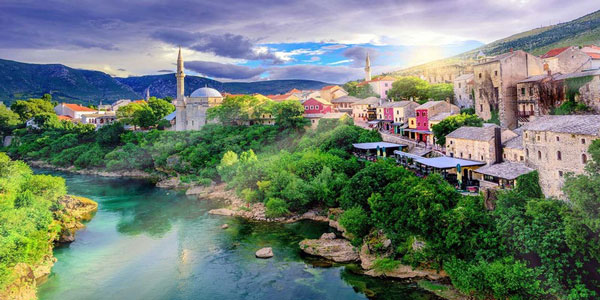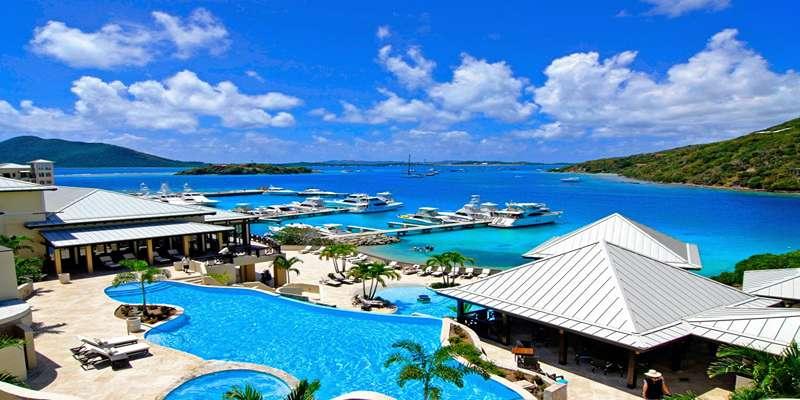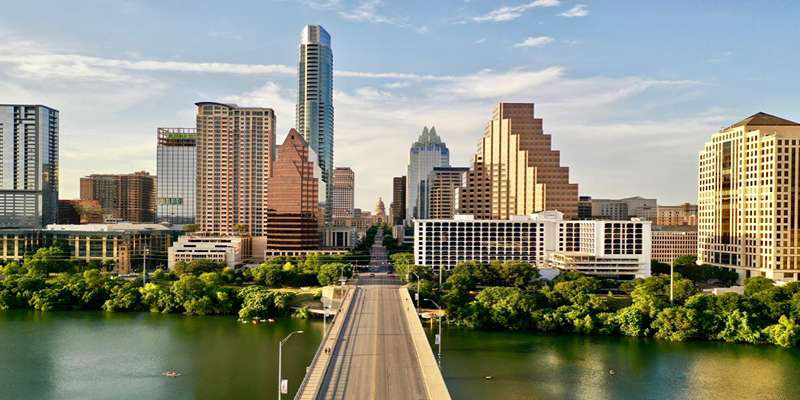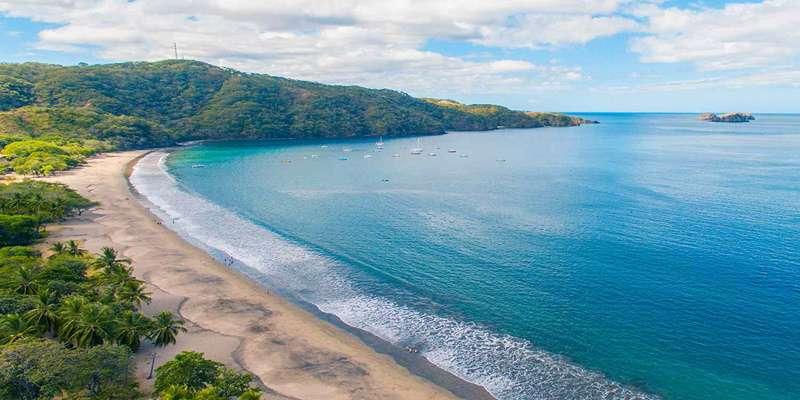With its rich history and beautiful scenery, Bosnia and Herzegovina is quickly rising to the ranks of the new decade's "must-see" travel destinations. We consulted Edis Hajlovac, a native of Bosnia who has traveled extensively, to compile this comprehensive guide to Bosnia and Herzegovina.
Everything you need to know about this great country, from the most amazing things to do to the basics of the local customs, is contained in this book.
Bosnia and Herzegovina is a country like no other, with stunning waterfalls, delicious food, and a wide variety of outdoor sports.
Reasons To Travel To Bosnia and Herzegovina
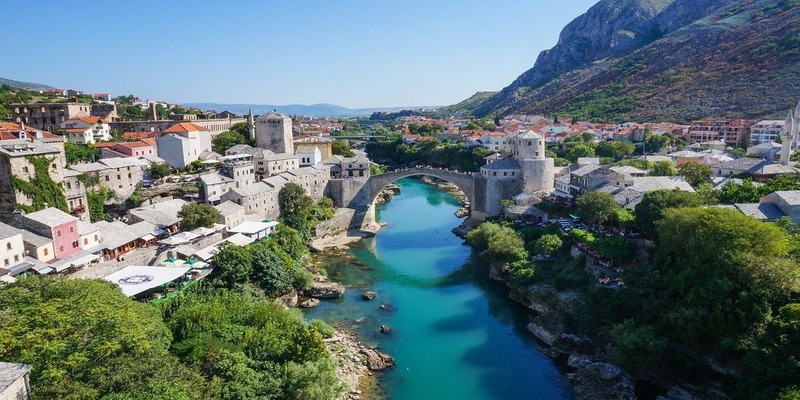
My Mexican buddies Sabino and Juano took off on their own to travel across Europe a few months ago. Even though only Sabino initially intended to stop in Bosnia and Herzegovina, Juano changed his itinerary to include a journey here.
When I met Juano in Sarajevo, the capital of Bosnia and Herzegovina, we talked about the places he had been, the places he planned to go, and the sights he had seen in my home country.
A memorable aspect of our conversation was when he said, "Sabino advised me that I MUST come here, and I'm so pleased I did, this nation is lovely."
I've lost count of the number of times I've heard similar sentiments from international visitors to Bosnia and Herzegovina as Juano did upon his first consideration of the country.
Bosnia And Herzegovina: Some Interesting Facts
- The "Heart-Shaped Land" moniker comes from the fact that the country's outline looks like a heart.
- In 1984, Sarajevo, the capital, hosted the Winter Olympics as the first socialist city in the world. It also had the first full-time electric tram in Europe.
- The very first Sarajevo Film Festival occurred in 1995, right in the middle of the conflict. Since then, it has become one of the world's most well-known film celebrations. In addition, the Bosnian filmmaker Danis Tanovi won an Academy Award for his work on the film "No man's land," which was released in 2001.
- Europe's last primeval woodland is Perućica in southeast Bosnia and Herzegovina.
- During his tour to Bosnia and Herzegovina, Archduke Franz Ferdinand and his wife Sophie were assassinated, setting off events that led to the First World War.
Best Time To Visit Bosnia and Herzegovina
Bosnia and Herzegovina is fantastic since it is not a resort area only open during certain months of the year. The most significant time to visit the country depends on what you plan to do while there, as the weather is extreme year-round: hot and humid in the summer and cold and snowy in the winter.
While the country sees visitors year-round, the busiest times are in the summer and winter. In August, when the Sarajevo Film Festival is happening, the city of Sarajevo is transformed into a nonstop party scene.
The southern half of the country has a longer window of good weather for those who enjoy natural beauty and hiking, from late April to late September. If you want to hit the slopes in the Olympic Mountains, the best time is between November and February.
Could You Tell Me If Bosna and Hercegovina Are Secure?
When I traveled internationally, I was frequently asked this, as many locals mistakenly believed hostilities were ongoing. In a nutshell, the title question is answered positively. It's possible to be pickpocketed while riding the tram or in a crowded area, and let's be honest, this may happen anyplace.
For the sake of honesty, some landmines from the war are still active today, making it impossible to travel across some portions of the nation. The good news is that none of these locations are in or near tourist hotspots.
Do You Trust The Water In Bosnia and Herzegovina?
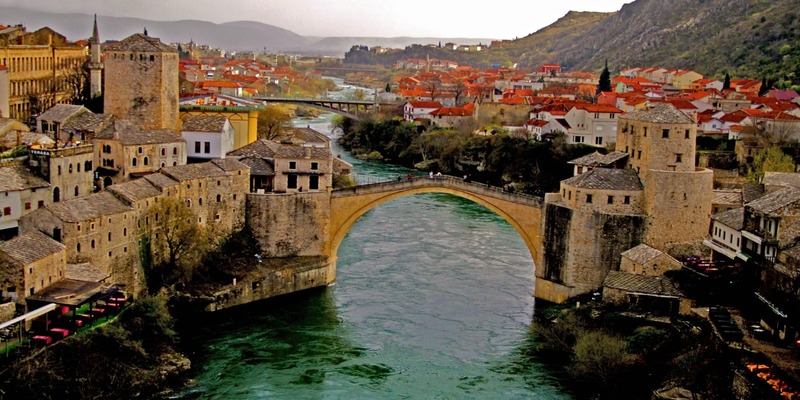
In terms of access to potable water, Bosnia and Herzegovina ranks high among European countries. In cities and many smaller towns, you can drink the water straight from the tap without worrying about your health.
When you order a coffee at a café, the waiter will automatically bring you a complimentary glass of water from the tap. Any restaurant or coffee shop worth its salt will gladly give you a complimentary glass of water if you ask for one.
Of course, the tap water in every country and even every city is a little different, and people's bodies react differently based on what they're used to. Until your system adjusts to the local tap water, it's best to take it easy, and if you find yourself highly thirsty, you can always stop at a kiosk and pick yourself a few bottles of water.
